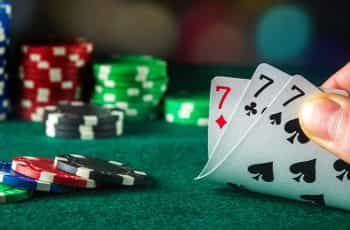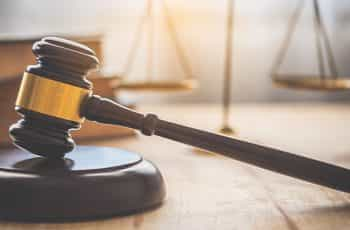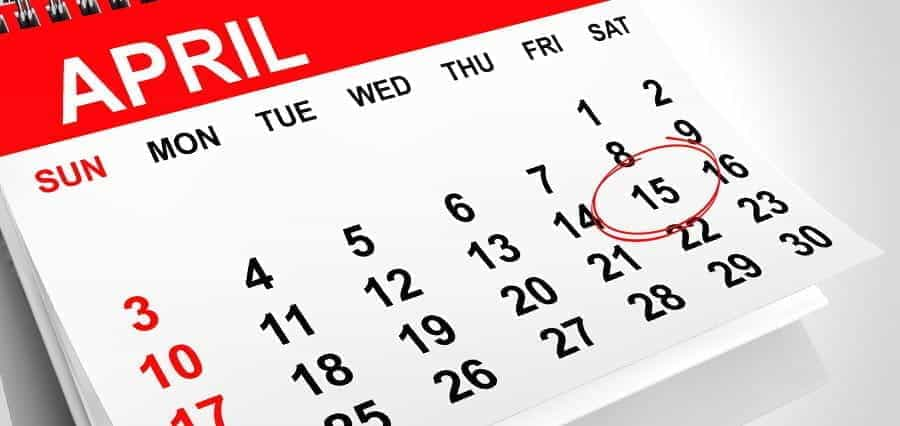
The Beginning of the End
In 1970, seven of the best poker players in the world went head to head in a tournament held at the Horseshoe Casino in Las Vegas. This would be the birth of World Series Poker. When the 90s rolled by, millions of people were playing poker across the world – with many now enjoying gameplay online. By the end of the twentieth century, poker had nearly peaked in popularity across the United States. Whether it was being played in the backrooms of elegant Las Vegas casinos or along the Atlantic City Boardwalk, players flocked to the game due to its unpredictability, suspense and the skill needed to master it.
But this explosion in popularity would be extinguished in its prime early in the new century when the Unlawful Internet Gambling Enforcement Act (UIGEA) would be signed into law by then-President George W. Bush in 2006. When it came into effect on January 2009, it dealt a significant blow to the gambling industry. The main purpose of the UIGEA would prohibit gambling businesses from accepting payments in connection with gambling that involved the use of the internet. The Act was controversial from the beginning, with the far-reaching restrictions compared to alcohol prohibition by some and criticized for being unhelpful in the fight against problem gambling by others. Before we go any further, if you want to find out about the current state of US gambling, check out our guide to online betting in the USA.
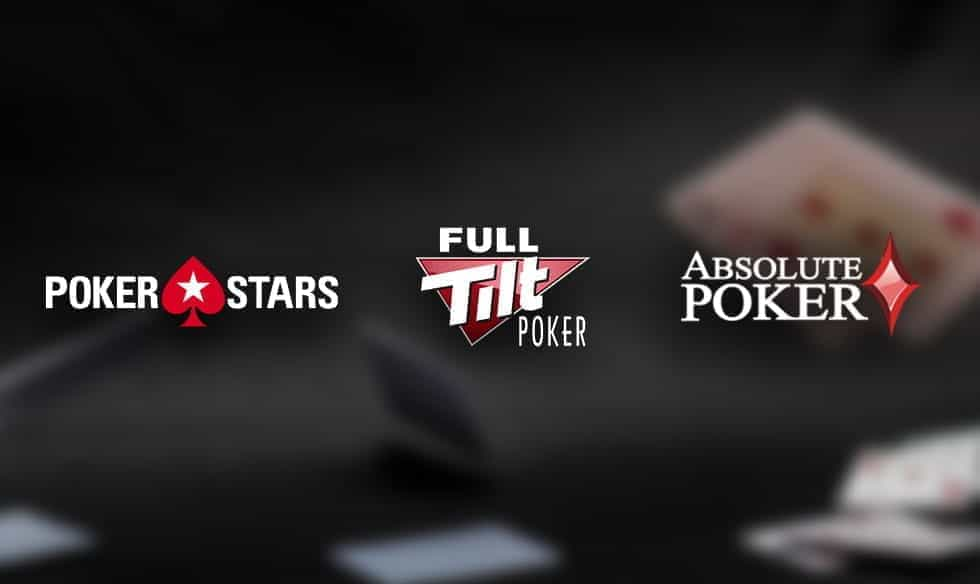
On April 15th, 2011, the dreaded Black Friday unfolded. It all began when the US Attorney of the Southern District of New York Preet Bharara and Assistant Director of the New York Field Office for the FBI Janice Fedarcyk unsealed an indictment against websites PokerStars, Full Tilt Poker and Absolute Poker. The indictment claimed that not only were the sites charged with violating the UIGEA, but they were involved in bank fraud, money laundering, and illegal gambling.
The case against the three websites states that they failed to stop operations before the December 2010 deadline. Therefore, any profits from their online poker operators were deemed to have been gained illegally. This brought on the serious charges not just against the websites but also entangled some major payment processors and banks into the web of what was now considered a major crime. Officials not only accused these stakeholders of aiding the websites’ money laundering but also of bribery.
It’s worth adding that all three were amongst the most popular poker sites in the US at the time and were known as The Big 3 amongst punters. Not only were they the most popular, but their services were considered to be the best online poker sites operating on US soil. When the indictment ordered for them to cease all operations, the otherwise stable poker market suffered dramatically.
The Fallout
When poker players first attempted to access these websites on April 15th, 2011, they were met with a notice by the FBI that detailed that the domain was now seized due to illegal activity and warned all gamblers that participating in online gambling was a crime punishable by a fine of up to $250,000 and five years imprisonment. But it wasn’t just the roadblock to their hobby or livelihood that caused shockwaves – it was the fact that no one knew if they would be able to withdraw their deposited cash or winnings.
The news was widely circulated across the media, where experts offered their opinions on the matter. Some argued that poker was now about to decrease in popularity dramatically, causing a hole in a market that was a reliable source of income for many. In a matter of days, large poker tournaments like the North American Poker Tour lost their sponsors. One day after the news of Black Friday, the Onix Cup, a series tournament that required buy-ins from $100,000 to $300,000, was canceled. Popular TV shows “Poker Stars: The Big Game” and “Poker After Dark” were canceled too, their sponsors among the Big 3 now facing federal charges.
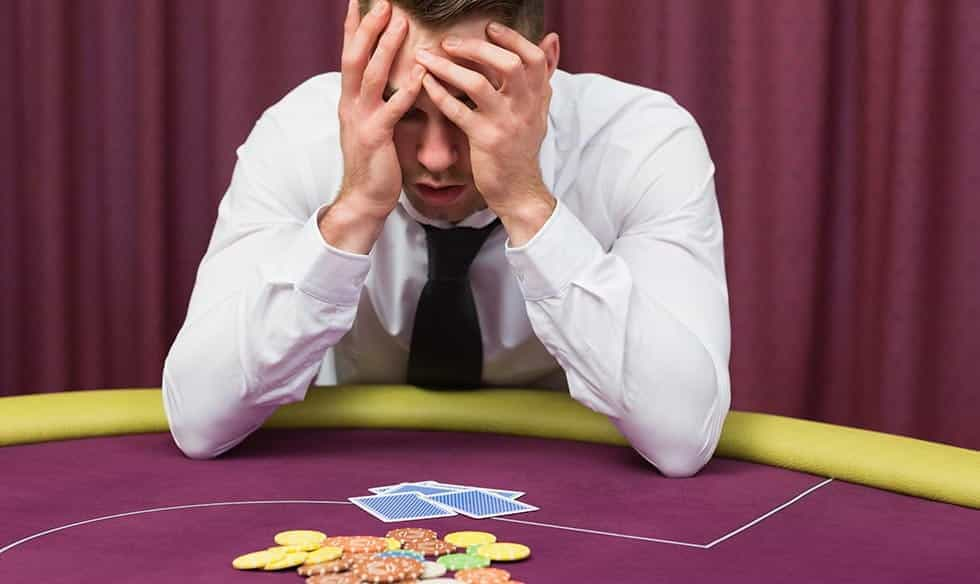
Tens of professional online poker players were now left without sponsors and were stripped of their income, with the only option remaining to either work internationally or be lured into the black market. On top of this, over 70 bank accounts across the globe were frozen. The withheld earnings of these online players inspired a number of gambling organizations to rally together to demand an amendment to the law. Among these, the Poker Players Alliance demanded that online poker should be legalized and regulated to better protect players. But the calls fell on deaf ears. Currently, online poker is only legal in New Jersey, Nevada, Delaware, and Pennsylvania.
As for the Big 3, when it came to crunch time, they all reacted very differently to each other. PokerStars and Full Tilt were first to cease all real money gameplay that was underway on their websites. PokerStars’ co-operation was so much appreciated by the US Government that they were allowed to continue their overseas operations during the investigation. This allowed them to begin processing all the financial withdraw requests from their US-based players. It seemed as though Full Tilt would follow the same path, as they initially worked with the Department of Justice.
However, months after the initial indictment, Full Tilt founder and star poker player Chirs Ferguson was charged along with three others at the company for withholding player funds for themselves, leaving a shortfall in the money that could be paid out to players. Matters with Absolute Poker were troubled from the start. Firstly, they refused to pay out any of their players. It wouldn’t be until a long court battle that would see the first payouts to Absolute Poker’s customers processed in 2017. Sometime later, Full Tilt’s customers would receive conciliatory payments too.
The Punishment
Of all the people involved in the criminal matter within the Big 3 gambling operators, only eleven people were charged, with three being handed prison sentences between 3 months and 3 years long. The Department of Justice’s case against the companies was called the United States v. Scheinberg, with Isai Scheinberg being the founder of PokerStars. Chris Ferguson, the aforementioned founder of Full Tilt, retreated from the public eye after the case for five years, returning at last during the World Series of Poker Tournament without making any comment on the matter. In 2018, Ferguson finally spoke about his involvement in the case and apologized to those who lost their money due to his mismanagement.
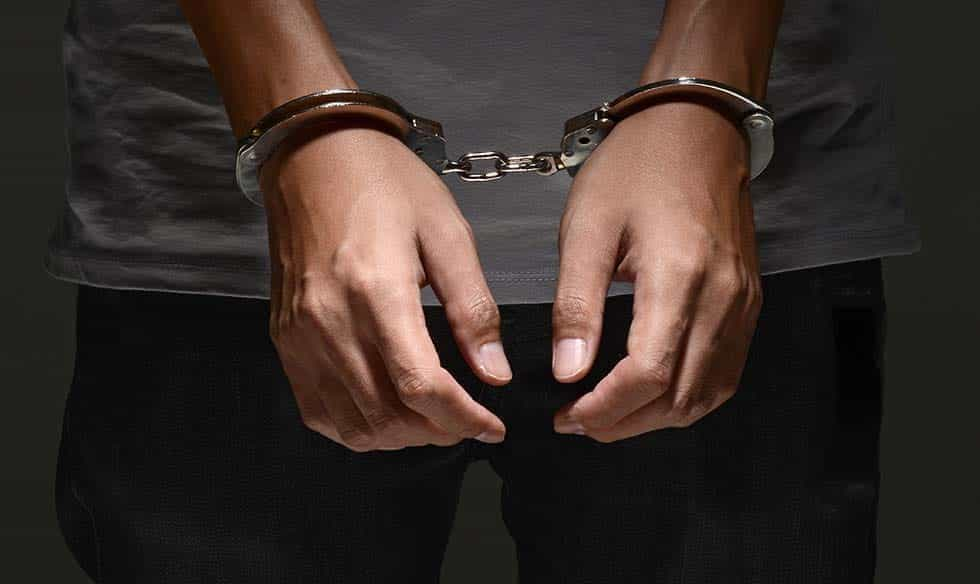
It is estimated that hundreds of millions of dollars were initially lost in the weeks and months following Black Friday. The damage was so wide that globally, many players lost their trust in online poker sites that have taken years to regain. Regardless, this hasn’t stopped the industry from learning from its mistakes and making the changes necessary to protect their players interests while offering a fun experience. As of 2018, poker is one of the most played gambling games in the world, with more variations to gameplay offered now more than ever in the history of the game. While the Big 3 gradually disappeared from US soil, new operators like 888 Poker have become fan favorites.
While Black Friday rocked the industry in a way that has taken years to recover, interest in the game is now again growing and earning new fans worldwide. While it initially caused untold stress for thousands of players across the US, the indictments forced us all to re-examine our blind trust in gambling operators and have forced meaningful regulations to be placed on them.
Now, we’re just holding out hopes for a day when all real-money online poker can be legalized and regulated in the United States.
